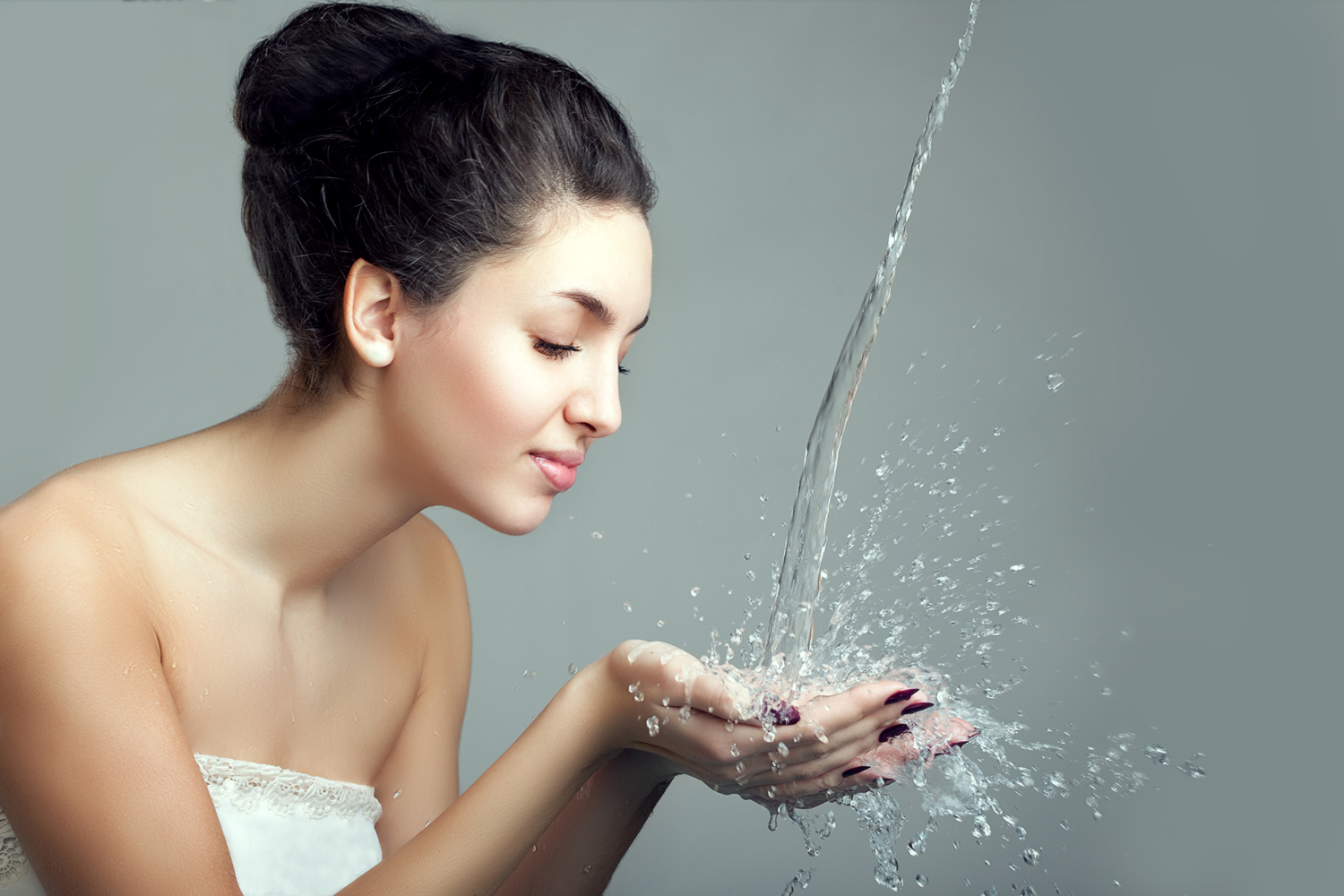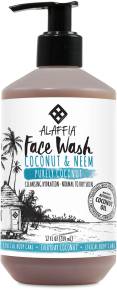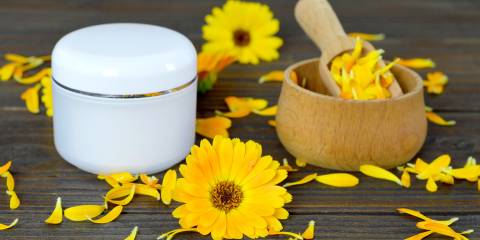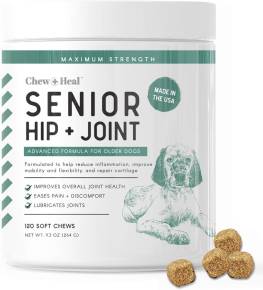When you drink water, you’re quenching the thirst of your whole body. But did you know that water you ingest will reach all of your other organs before it makes its way to your skin? In fact, there is little evidence that upping water intake has any effect on the skin of healthy people.
Don’t stop drinking water—getting the recommended eight or so glasses a day is important to keep your body running smoothly. Tackle dry, flaky, and tight skin by hydrating it from the outside.
The Layers of Your Skin
Your skin has three layers: They are, from inside to outside, the subcutaneous tissue, the dermis, and the epidermis. If the outermost layer, the epidermis, isn’t well hydrated, skin can become dry and lose its pliability. Skin dehydration can be caused by a number of factors, including dry and windy weather, harsh soaps and perfumes, exposure to chemicals and detergents, and excessive bathing or swimming.
Dry Skin Prevention
As a first step toward addressing dry skin, change any external factors you can. During dry seasons, use a humidifier in your house and/or workplace. Stay out of the hot sun, dry heat, and strong winds as much as possible. Avoid using soaps with perfume, deodorant, and antibacterial ingredients and replace them with gentle, fragrance-free cleansers. Avoid other irritating products. Wear rubber gloves to wash dishes. Take short baths and showers in warm, rather than hot, water.
What you eat is important too. The fatty acids in foods including walnuts, flaxseed, salmon, and olive oil can help keep your skin hydrated. Researchers at the Institute of Experimental Dermatology in Germany found that women who took 2.2 grams a day of flaxseed oil or borage oil for 12 weeks experienced a significant reduction in skin roughness and a significant improvement in skin moisture.
Hydration Therapy
Next, moisturize your skin directly. When you get out of the bath or shower, gently pat down your skin with a towel. Immediately add a layer of moisturizer. The idea is to form a barrier that holds in the water your skin has just absorbed.
Apply moisturizer to your hands and face every time you wash them and wear natural lip balm to soothe dryness and prevent chapping.
Choose moisturizing products carefully—some are petroleum based or contain chemicals that may cause health problems. Avoid those containing alcohol, perfumes, retinoids, or alpha-hydroxy acid (AHA). Among ingredients to look for: hyaluronic acid, stearic acid (a fatty acid), emollient ceramides, cholesterol, lactic acid, glycerin, lanolin, olive oil, jojoba oil, and shea butter.
The American Academy of Dermatology recommends using an ointment or cream rather than a lotion, calling them more effective and less irritating. Europeans prefer oils, which typically don’t have the fillers and emulsifiers that may be added to give lotions their creamy quality. Oils seal in moisture, while lotions, creams, and the like penetrate the skin with ingredients that can replenish moisture and repair damage. One way to get the benefit of both is to use oils at night and creamier moisturizers in the morning.
If you decide to try an oil, choose cold-pressed oils that are certified organic. Avoid synthetic fragrances in favor of unscented oils or those containing scents from cold-pressed essential oils. Skip the mineral oil, which is a petroleum product.
The Key to Moisturizers
An important point to keep in mind is that a key role of moisturizers is to lock in the moisture that you take in via showering, hand-washing, etc., so be sure to apply creams or lotions within a couple of minutes of toweling off.






